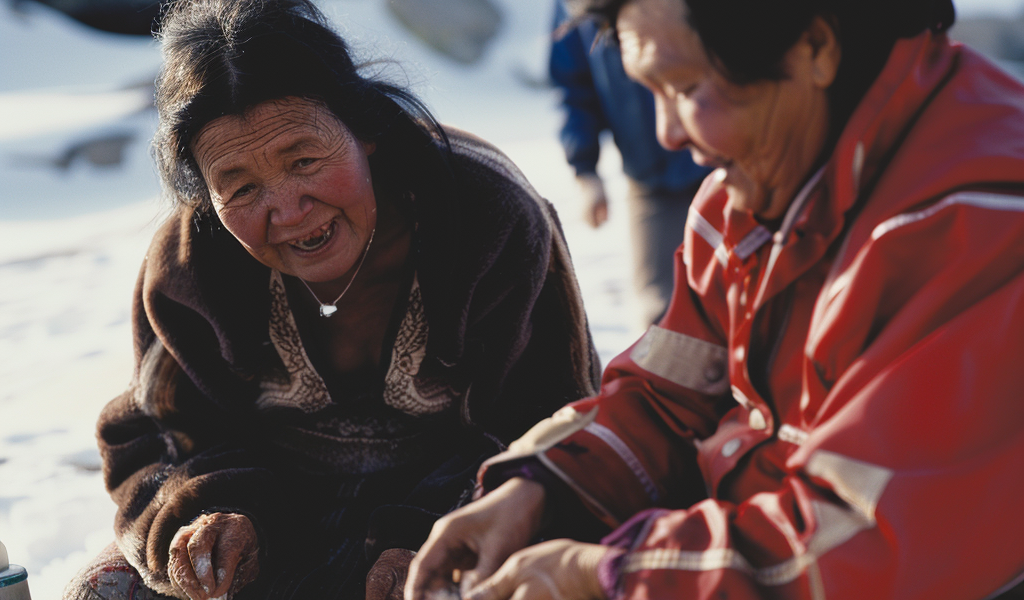A recent study published in the Canadian Medical Association Journal has shed light on the health care disparities faced by Inuit inhabitants of Nunavik in northern Quebec who are diagnosed with lung cancer. The research compared the survival rates of individuals from Nunavik and Montreal who were receiving treatment at the McGill University Health Centre (MUHC) in Montreal.
The study revealed that individuals from Nunavik had shorter survival times after being diagnosed with lung cancer compared to their counterparts from Montreal, even when considering other differences between the two groups. The findings suggest that chronic underfunding and under-resourcing of health care services in Nunavik, as well as the lack of Inuit representation in health care provision, may be contributing to the observed disparities in lung cancer outcomes.
Dr. Faiz Ahmad Khan, a respirologist and associate professor at MUHC, emphasized that the results should not be attributed to a genetic predisposition among the Inuit population, but rather to systemic issues within the health care system. The study authors recommended several measures to improve lung cancer survival for Nunavik Inuit, such as implementing Inuit-specific smoking cessation and prevention services, making lung cancer screening more accessible, and enhancing lung health services in the region.
Furthermore, the authors highlighted the importance of supporting Nunavik Inuit efforts toward greater self-governance in health care policy and funding, as this could help align health services with the population’s specific needs. The study’s findings underscore the urgency of addressing the underlying factors contributing to health care disparities in Nunavik and the significance of tailored interventions to improve outcomes for Inuit individuals diagnosed with lung cancer.





